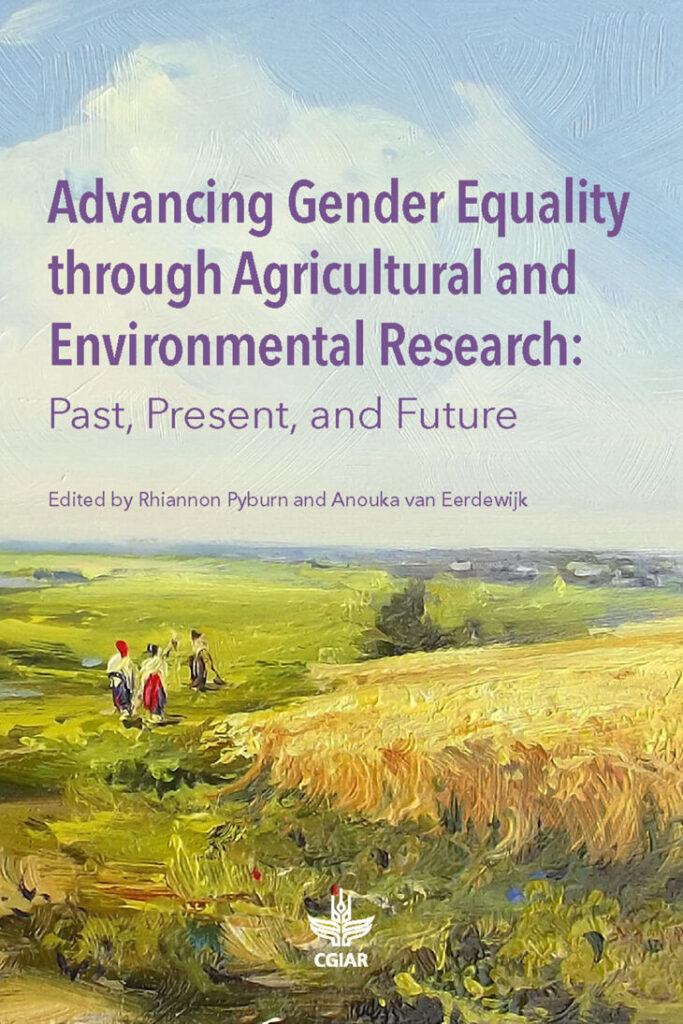Promise and contradiction: Value chain participation and women’s empowerment
Citation: Ihalaine, Markus; Shaikh, Sumer; Mujawamariya, Gaudiose; Mayanja, Sarah; Adetonah, Sounkoura; Tavenner, Katie; and Elias, Marlène. 2021. Promise and contradiction: Value chain participation and women's empowerment. IN Advancing gender equality through agricultural and environmental research: Past, present, and future, eds. Rhiannon Pyburn, and Anouka van Eerdewijk. Washington, DC: International Food Policy Research Institute: 147-186.
2021-11-12
book_chapter

